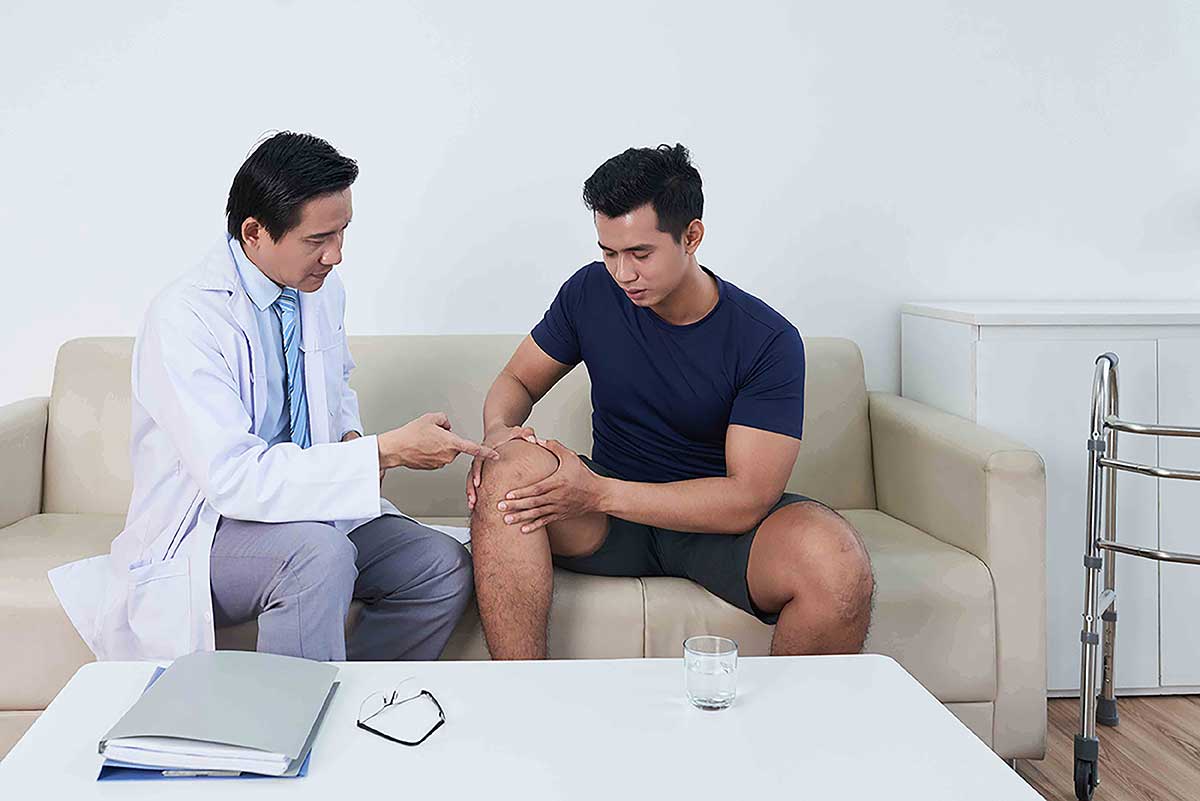Physio Hub/ Physiology of Exercise
29/03/22 - 2 min read
Physiology of Exercise

What happens to your body when you exercise? The answer is that many acute and long term changes occur to all of the systems of the body when we exercise. There are multiple year long college degrees dedicated to this topic so I will try to give you a taster of what exercise can offer you and your health.
In the cardiovascular system we see an increase in heart rate, an increase in the volume of blood leaving the heart and also an increase in blood pressure upon commencing a bout of exercise. Although we see this increase in blood pressure acutely, as the activity continues we begin to see it gradually declining as our arteries begin to dilate, reducing the resistance against flowing blood. Upon completion of exercise, we actually see blood pressure drop below what it was before starting this exercise bout, this effect can last up to 12 hours! Exercise has been proven to be an effective treatment or high blood pressure for physiological reasons such as this.
Physiological changes also occur in the lungs. Small branches of the lungs that are normally underperfused begin to see an increase in blood supply, this boosts the overall blood supply to the lungs. This coupled with the fact that the rate at which gas exchange occurs in the lungs increases makes our cardiorespiratory a well oil machine! This provides you with lungs that are better able to keep up with the oxygen demands of the body, making you feel less short of breath following exertion.
We also see physiological changes to muscles following exercise and not only just an increase in size and strength! As we exercise consistently, the oxygen extraction capacity of muscles becomes a lot better meaning they are better able to take oxygen out of the bloodstream and put it to use, again contributing to an increase in fitness. Insulin sensitivity of the muscles, for example, also increases which allows glucose to be better extracted from the bloodstream, thus, effectively treating people with diabetes and insulin resistance problems.
These are just some of the many beneficial effects that exercise can have on our physiology with many more to be explored including improved bone health, mental health and weight loss.
If you are interested in learning how exercise can improve your physiology, call us on 01 5253440 or book online at www.physiohub.ie.